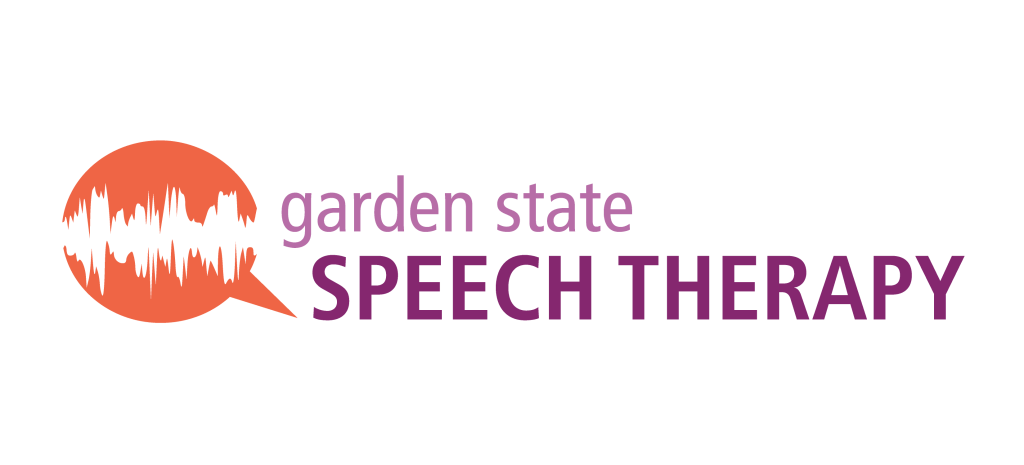Speech, Occupational and Feeding Therapies

Additional services such as speech therapy, occupational therapy, and feeding therapy are available both at our centers and as part of our home-based services.


What Is Speech-Language Therapy?
Speech-Language therapy services are designed to assess and address language and speech impairments or disorders, aiming to enhance communication effectiveness. Speech pathologists (SLPs) evaluate and treat individuals with speech, language, voice, and fluency challenges. Speech disorders involve difficulties in producing sounds, while language disorders relate to struggles in comprehension or verbal expression. These services are vital for individuals dealing with issues such as stuttering, hearing impairments, weak oral muscles, autism, and various swallowing disorders.
Communication serves as the vital link connecting individuals, facilitating the sharing of experiences, emotions, and information. For many children diagnosed with Autism Spectrum Disorder (ASD), communication presents significant challenges. These difficulties may include receptive and expressive language, play skills, feeding skills, and social skills.
Our licensed speech-language pathologists create personalized and evidence-based service plans tailored to each child’s specific needs. At WINGS, our speech-language pathologists help children develop speech sound production, grow language skills, improve social skills, and communicate effectively. Additionally, they focus on strengthening and coordinating the muscles involved in swallowing and eating to mitigate risks of choking or aspiration, or to help picky eaters increase their accepted foods.
Occupational therapists work on a variety of skills to help individuals function better in their daily lives. These include:
- Activities of Daily Living (ADLs)
- Fine Motor Skills
- Gross Motor Skills
- Sensory Processing
- Cognitive Skills
- Social Skills
- Visual Perception
- Environmental Adaptations
We work with highly trained pediatric occupational therapists that specialize in assisting infants, children, and teenagers to participate in the activities of daily life. Our occupational therapists work with children and their families to promote active participation in occupations that are meaningful to them such as activities that enable them to learn and develop life skills, be creative and derive enjoyment and thrive. Examples include self-care, play, learning and development.
Additional services such as speech therapy, occupational therapy, and feeding therapy are available both at our centers and as part of our home-based services.
What is Feeding Therapy?
Feeding therapy is a specialized program facilitated by highly trained speech-language pathologists designed to address challenges related to eating, swallowing, and mealtime behaviors. Our team of skilled therapists collaborates closely with families to understand each child’s unique feeding difficulties and develop tailored strategies for success.
In feeding therapy, speech-language pathologists (SLPs) may focus on:
- Oral motor skills for chewing, swallowing, and oral movement.
- Swallowing function to ensure safe swallowing.
- Expanding tolerance to food textures and flavors.
- Feeding skills like self-feeding and accepting different foods.
- Skills including straw-drinking or eating from a spoon
- Managing mealtime behaviors and establishing positive routines.
- Providing families with education and support for feeding development at home.
The goal of feeding therapy includes making eating and drinking safe and effective for each child, as well as creating positive mealtime experiences for individuals and families.

Benefits of Speech Therapy:
- Improved Speech Clarity
- Enhanced Language Skills
- Increased Vocal Strength and Resonance
- Improved Articulation and Phonological Awareness
- Increased Fluency
- Development of Social Communication Skills
- Swallowing and Feeding Improvement
- Increased Confidence and Self-Esteem
- Better Academic Performance
- Support for Overall Well-being
At WINGS, we collaborate closely with certified speech-language pathologists (SLPs) to facilitate your child’s progress towards improved communication. Through personalized treatment plans and interdisciplinary teamwork, we strive to maximize your child’s developmental growth and overall well-being.
Additional services such as speech therapy, occupational therapy, and feeding therapy are available both at our centers and as part of our home-based services. At our center, we work with many children who have challenges receiving, processing, and responding to sensory information. We offer occupational therapy services designed to assist children in improving essential life skills for daily functioning. Through targeted interventions, we address areas related to play, school readiness, self-esteem, and activities of daily living, empowering children to thrive in all aspects of their lives.
Benefits of Speech Therapy:
Occupational Therapy assists children in developing skills that support engagement in everyday life activities. These skills support health, well-being, and quality of life. Occupational Therapists (OTs) use a variety of therapy techniques that develop fine motor skills, social-emotional skills, impulse control, visual-perceptual skills, cognitive abilities, and attention span.
Occupational therapy aims to help individuals of all ages engage in meaningful activities or occupations that enhance their health, well-being, and quality of life. The goals of occupational therapy can vary depending on the individual’s needs and circumstances, but they often include:
- Enhancing independence in daily activities.
- Improving motor skills and coordination.
- Promoting sensory processing and regulation.
- Supporting cognitive abilities and problem-solving.
- Facilitating social skills and interaction.
- Adapting environments for accessibility.
- Increasing participation in meaningful activities and roles.
Benefits of Feeding Therapy:
- Improved Nutritional Intake
- Enhanced Oral Motor Skills
- Reduction in Mealtime Behaviors
- Increased Independence in Feeding
- Establishment of Positive Mealtime Routines
- Expansion of Sensory Tolerance
- Support for Overall Health and Well-being
- Family Empowerment and Education
- Enhanced Socialization and Participation During Meals
Would My Child Benefit From Feeding Therapy?
Often, children with autism spectrum disorder (ASD) exhibit challenges during mealtimes such as sensory sensitivities, selective eating behaviors, oral motor difficulties, mealtime behaviors, nutritional deficits, and difficulties transitioning to solid foods. Feeding therapy helps address these challenges and supports the child’s overall health and well-being.


